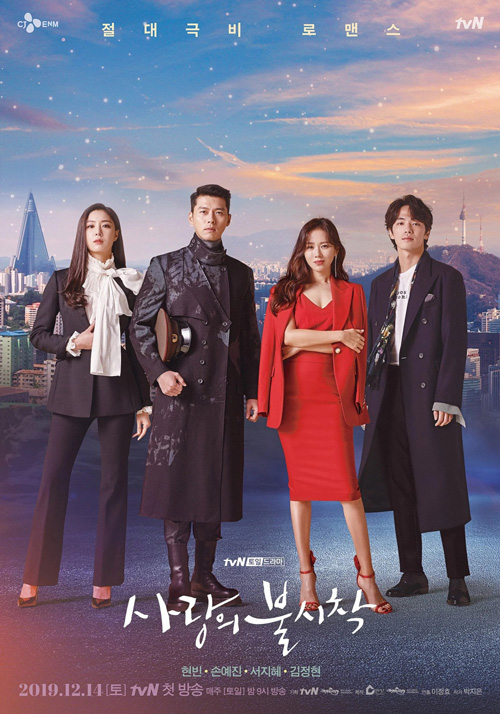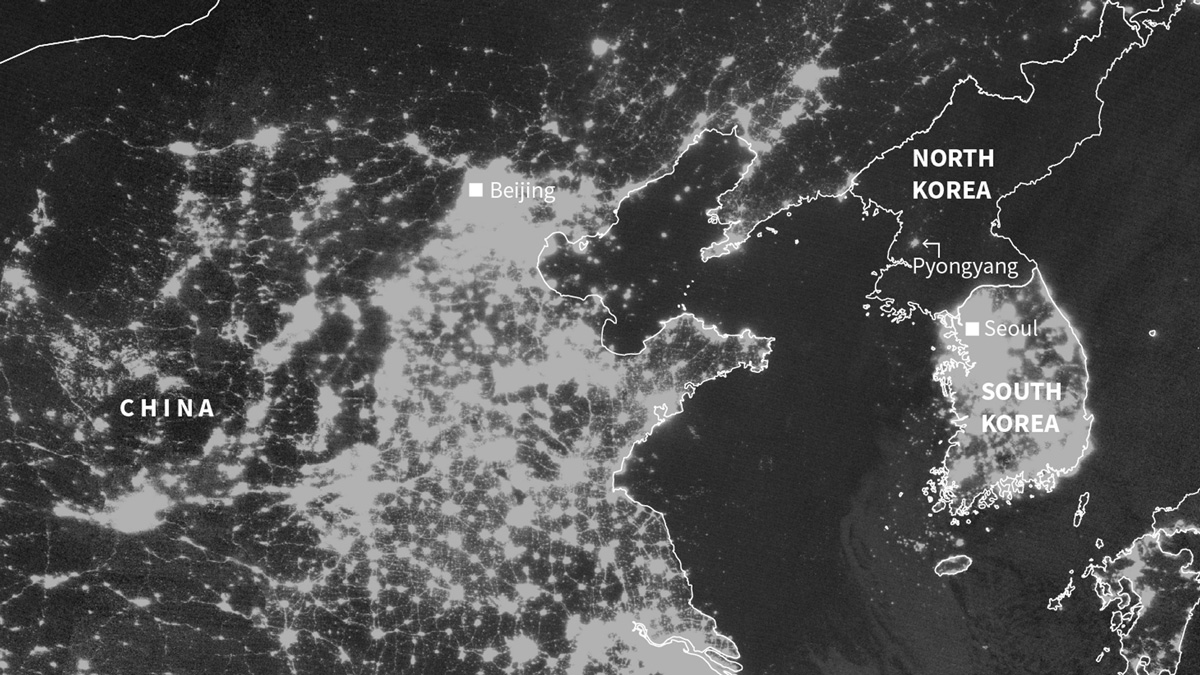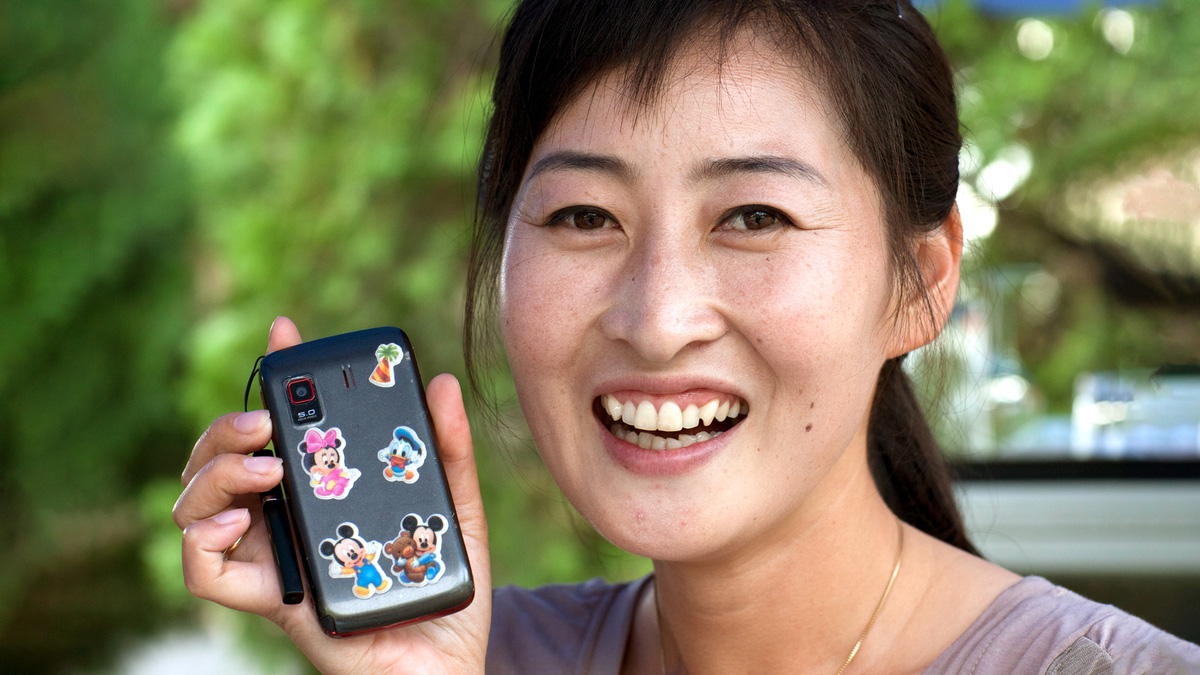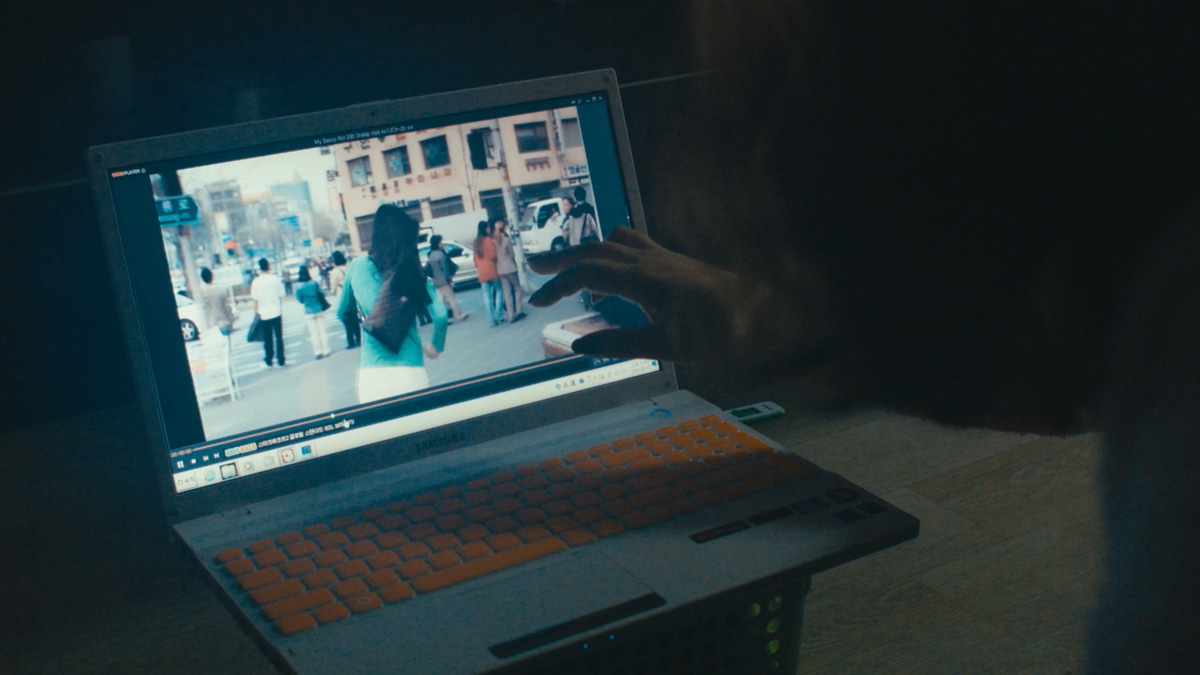LiNK English Language Program: Meet the Students of Fall 2021
A consistently reported challenge we hear from North Korean defectors is English language ability, which is critical for both educational and career opportunities in South Korea. To address this need, we launched the LiNK English Language Program (LiNKglish)! Our North Korean friends have so much potential, and through capacity-building programs, they’re equipped and empowered to achieve their goals.
After a pilot Summer 2021 semester, we’re excited to share that our Fall 2021 semester served 49 North Korean students and 50 “English buddy” volunteers! Meet Hyang Lee, one of last semester’s students.
Hyang Lee

Can you briefly introduce yourself?
Hello, my name is Hyang Lee. I’m 26 years old and I’m majoring in business management. I just completed the program but because my English grades were low, I have not yet graduated.
I participated in LiNKglish for both summer and fall semesters. Through the program, I participated in several speech contests and received positive feedback every time, which gave me a lot of confidence. I still keep in touch with my buddy, communicating in English, and am working to complete my studies!
What were some of the most memorable moments in LiNKglish?
This semester, I was able to continue studying with the same English buddy that I had in the summer, Stephanie. I was really happy it worked out! I already knew what kind of person she was, and I felt very comfortable practicing English with her.
The best part was when I taught Stephanie how to read Korean. I would read out loud in English, and she’d read the Korean translation out loud. It made me feel quite proud of myself, that I was able to help someone and also learn English. Two-birds-one-stone, right? That was the most memorable moment for me.
Has communicating with your English buddy changed your perspective on foreigners?
Hmm… not necessarily. What I realized was that I really like America, but my buddy really loves Korea. It made me think, “maybe it’s because our cultures are so different, we like each other’s.”
When we chat about our everyday life, we often talk about food. We ask each other what we had for lunch, what types of food we’ve been eating, what famous restaurants we’ve visited. I told her that I felt like things were a lot saltier in the US, and she agreed. It was fun to ask questions and connect over both our similar experiences and differences.

What was your favorite meeting during LiNKglish?
I think it was our offline activity, the hiking day! It was our first time meeting in-person and I couldn’t sleep for 3 days prior, because I was so excited. Even though it was hard hiking up the mountain, I found myself speaking with the other students and volunteers the entire time. It was amazing. And when we got to the top, and looked down the mountain with everyone… it felt really great to be finally out and about.
Do you think your self-confidence has increased through LiNKglish?
For sure! I used to be afraid of communicating with foreigners, but now I’m confident I could talk to anyone in English. One time, I went to a clothing store and there was a foreigner trying to purchase an item. The store clerk didn’t speak English so I stepped in to help. It made me so happy that I was able to learn a language and help someone with it.
I actually got married last December. My husband and I plan to go overseas for missions in 7-8 years. I will have to use English so much more when I go overseas. I want to study hard and communicate in English as much as possible now, so that it will be easier for me when I go and do mission work.
Foreign Media in North Korea - How Kpop is Challenging the Regime
Movies, TV shows, and music hold power. They’re a way for us to connect through common experiences, reckon with different sides of humanity, and revel in the beauty of being here at all. They transport us to another time and place- perhaps one of our imaginations- and most importantly, allow us to dream and imagine a limitless future.

In recent years, South Korean media and entertainment has gained international recognition. People like Hyun Bin and Son Yejin, the stars of popular Korean drama Crash Landing on You, have become household names, while Parasite swept the 2020 Academy Awards and music from K-pop groups like BTS are charting globally.
Meanwhile, just across the border, North Korea remains one of the most closed societies in the world. Yet even in the “hermit kingdom,” foreign media is accelerating empowerment of the people and change within the country!
Forced Isolation and the Regime’s Information Monopoly
The North Korean government has maintained power for decades through a system of imposed isolation, relentless indoctrination, and brutal repression. A complete monopoly on information and ideas within the country has been key- outside media threatens to challenge the legitimacy of their propaganda, and by extension, their control.
The 2014 United Nations Commission of Inquiry on Human Rights in North Korea reported an almost complete denial of the right to freedom of thought, conscience, and religion as well as of the rights to freedom of speech, opinion, expression, and association.

The regime employs a range of strategies to enforce information control:
- Restricting movement across borders and within the country
- Random house searches
- Severe punishment, including public executions, to deter foreign media consumption and sharing
- Sophisticated digital surveillance
- Jamming phone signals and locating users through signal triangulation
- Mobile OS file signature system that only permits government-approved apps and files
The Spread of Foreign Media
Despite this isolation and unparalleled internal restrictions, the North Korean people have been quietly changing their country from within, including through foreign media access. Through market activity and the movement of people and goods across the Chinese border, they have forced the gradual opening up of their society. Movies and music are smuggled into the country on USBs, SD and MicroSD cards, and small portable media players, offering illicit access to information from the outside world.
With lights off and windows shuttered, North Koreans will watch foreign media despite the risks. If all else fails, bribes are a way for people to reduce punishment if caught. Most North Korean police and government officials rely on bribes to survive, and some defectors complain that they are actually the biggest consumers of foreign media because they confiscate so much.

Information Technology in North Korea
Within North Korea, a broad range of information technologies are available, although they should be registered with authorities. Laptops and computers officially run on a government operating system, Red Star OS, while the North Korean intranet, Kwangmyong, is air-gapped from the internet and heavily surveilled. However, in practice, many North Koreans have non-networked devices used for games, editing software, watching videos, and to copy, delete and transfer media on removable devices.
Mobile phones are also common with approximately 6 million on the North Korean network, meaning roughly 1 in 4 people have one. These North Korean phones generally cannot make international calls and the operating system limits users to approved state media (programs have been developed to bypass this security). On the other hand, smuggled Chinese phones can be used in border regions on the Chinese network. These have been crucial for staying in touch with relatives who have escaped or defected, who often send back money and information from the outside world.

Radios are the only channel of foreign media and news available real-time across the country. While they should officially be registered and fixed to North Korean stations, it is relatively easy to tamper with radio sets to pick up foreign broadcasts. In border regions, some TVs can also pick up live programming from South Korea and China. Traditionally, TVs were connected to DVD players, but newer LCD televisions also have direct USB input ports.
How Foreign Media Changes Perceptions
Among foreign media, entertainment from South Korea is particularly attractive, produced in the same base language by people with the same ancestry. They contain glimpses of rich and free realities just across the border. In comparison, domestic North Korean media seems old-fashioned and disingenuous, designed to reinforce the regime’s ideologies.
As North Koreans learn more about life, freedom and prosperity in the outside world, and their own relative poverty, the regime’s ideology and control are eroded.

“At first you see the cars, apartment buildings, and markets and you think it must be a movie set. But the more you watch, there’s no way it can be just a set. If you watch one or two [movies] it always raises these doubts, and if you keep watching you know for sure. You realize how well South Koreans and other foreigners live.”
– Danbi, escaped North Korea in 2011
Empowered by foreign media, North Koreans are exploring their creativity and potential through everyday acts of resistance- using South Korean slang, copying fashion styles, and sharing pop culture references. In this culture war, Kim Jong-un has called for crackdowns on "unsavory, individualistic, anti-socialist behavior" among young people to restrict freedom of expression.
Foreign media also facilitates shared acts of resistance. People will swap USB devices with trusted friends and neighbors, increasing confidence in one another through a symmetrical transaction. Some people may also watch and discuss movies and shows together, increasing the media’s subversive influence and creating social networks.
The Regime’s Response
During the pandemic, we’ve seen unprecedented levels of isolation and restrictions, closing off the country more than ever before. To buttress control, Kim Jong Un has simultaneously increased crackdowns and punishments on foreign media consumption. In December 2020, the “anti-reactionary thought law” made watching foreign media punishable by 15 years in a political prison camp.
While the situation is harrowing, the government’s extreme response underscores the power of foreign media. The regime recognizes that social changes driven by North Korean people are a threat to their authority and control in the long term.
Accelerating Foreign Media Access and Change
Moving forward, increasing access to outside information is one of the most effective ways to help the North Korean people and bring forward change.
Information and technology support for North Korean people has historically been an under-utilized and under-invested strategy. LiNK Labs is our area of work focused on this opportunity- we’re developing technologies, networks, and content to empower North Korean people with access to information and ideas from the outside world.




